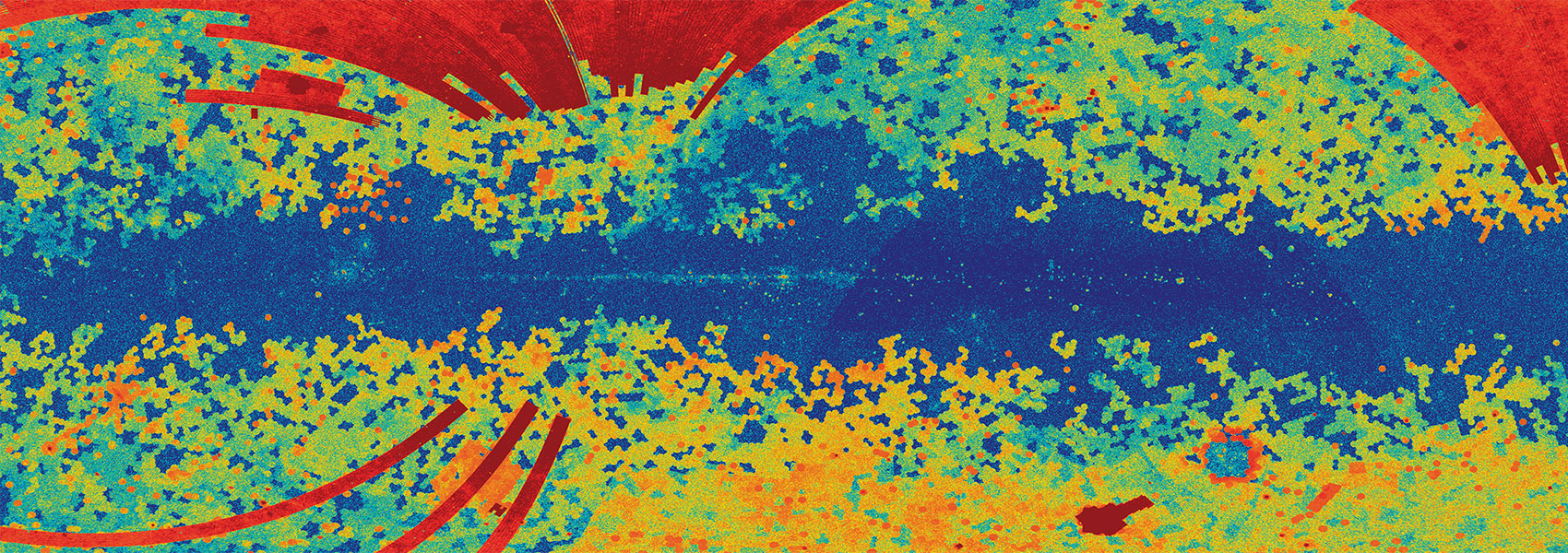March
2018
•
2018ApJ...856L...2M
Authors
•
Margon, Bruce
•
Kupfer, Thomas
•
Burdge, Kevin
•
Prince, Thomas A.
•
Kulkarni, Shrinivas R.
•
Shupe, David L.
Abstract
•
Although dwarf carbon (dC) stars are universally thought to be binaries in order to explain the presence of C 2 in their spectra while still near main-sequence luminosity, direct observational evidence for their binarity is remarkably scarce. Here, we report the detection of a 2.92 day periodicity in both the photometry and radial velocity of SDSS J125017.90+252427.6, an r = 16.4 dC star. This is the first photometric binary dC, and only the second dC spectroscopic binary. The relative phase of the photometric period to the spectroscopic observations suggests that the photometric variations are a reflection effect due to heating from an unseen companion. The observed radial velocity amplitude of the dC component (K = 98.8 ± 10.7 km s-1) is consistent with a white dwarf companion, presumably the evolved star that earlier donated the carbon to the dC, although substantial orbital evolution must have occurred. Large synoptic photometric surveys such as the Palomar Transient Factory, which was used for this work, may prove useful for identifying binaries among the shorter-period dC stars.
Links



